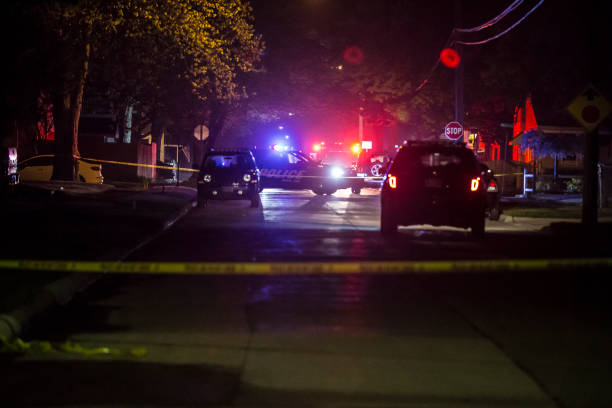On Thursday, June 19, 2024, tragedy struck the quiet corridors of a CVS Pharmacy in Lancaster when a pharmacist was found dead in what authorities have confirmed as an apparent suicide. The individual, whose identity remains undisclosed out of respect for the family’s privacy, was discovered at the pharmacy site by emergency responders who arrived promptly after being called. Despite their efforts, the pharmacist was pronounced deceased at the scene.
The incident has reverberated across Lancaster and the broader pharmaceutical community, as colleagues, community members, and healthcare professionals alike grapple with the sudden loss. Local law enforcement quickly ruled out foul play, affirming that early findings suggest the death was self-inflicted. However, the investigation remains open, focusing on gathering a comprehensive understanding of the circumstances leading up to the tragic event.
Though the facts currently available are few, the emotional weight of this loss is immense. Pharmacists occupy a uniquely pressured position in the healthcare system. They are tasked not only with dispensing critical medications but also with serving as the first line of defense against prescription errors, drug interactions, and, increasingly, patient questions about treatment regimens. It is a role that requires vigilance, empathy, and a near-constant attention to detail—often under immense time pressure and with little margin for error.
The suicide of a pharmacist at their place of employment is a particularly jarring occurrence. The pharmacy, for many in the profession, is not just a workplace; it is a space of trust, service, and professional pride. To have a life end within its walls under such circumstances is both a personal and symbolic blow. It raises questions not only about the individual struggles of one professional but about the systemic pressures that may have contributed to their despair.
The United States has witnessed a troubling rise in mental health challenges across healthcare professions. Pharmacists, though often overlooked in broader healthcare mental health discussions, are not immune. Studies have consistently shown elevated levels of burnout, depression, and moral distress among pharmacists. Long hours, staffing shortages, unrealistic productivity metrics, and the pressure to perform flawlessly are all contributing factors.
The Lancaster case thus becomes part of a wider, more urgent dialogue. What is being done to support the mental well-being of pharmacists and pharmacy staff? What safety nets exist when the burden becomes too heavy? Are there institutional safeguards in place, or are professionals largely left to navigate these pressures alone?
The anonymity of the deceased does not diminish the significance of their loss. In fact, it reflects a broader truth: countless healthcare workers suffer in silence. They shoulder the weight of responsibility with stoicism and grace, even as their own internal reserves wear thin. And all too often, the signs of distress are hidden until it is too late.
The CVS location in Lancaster remains open, but beneath the surface, the environment has been irrevocably changed. Staff are left grieving not only a colleague but a reminder of their own vulnerabilities. Customers, many of whom may have built a rapport with the pharmacist over years of interactions, are left stunned.
In response to the incident, calls are growing louder for healthcare institutions to do more than offer generic wellness resources. Industry leaders and professional organizations are being urged to confront the root causes of burnout and distress in pharmacy settings. This means not only encouraging open conversations about mental health but actively reducing the structural pressures that drive so many to the brink.
The timing of the death—amid a national climate of increasing awareness about mental health—makes it all the more poignant. Even as the stigma around mental health erodes, access to care remains a significant barrier for many, including those working within the healthcare field itself.
The finality of what occurred on June 19, 2024, in Lancaster cannot be undone. But what remains is a responsibility shared across the industry, the community, and society as a whole: to ensure that such tragedies are not repeated in silence.
For those currently grappling with emotional distress or suicidal thoughts, help is available 24/7 through the National Suicide Prevention Lifeline at 988 or online at 988lifeline.org. The Lancaster pharmacist’s death is a solemn reminder that behind every white coat is a human being, and every human being deserves care, dignity, and support.

